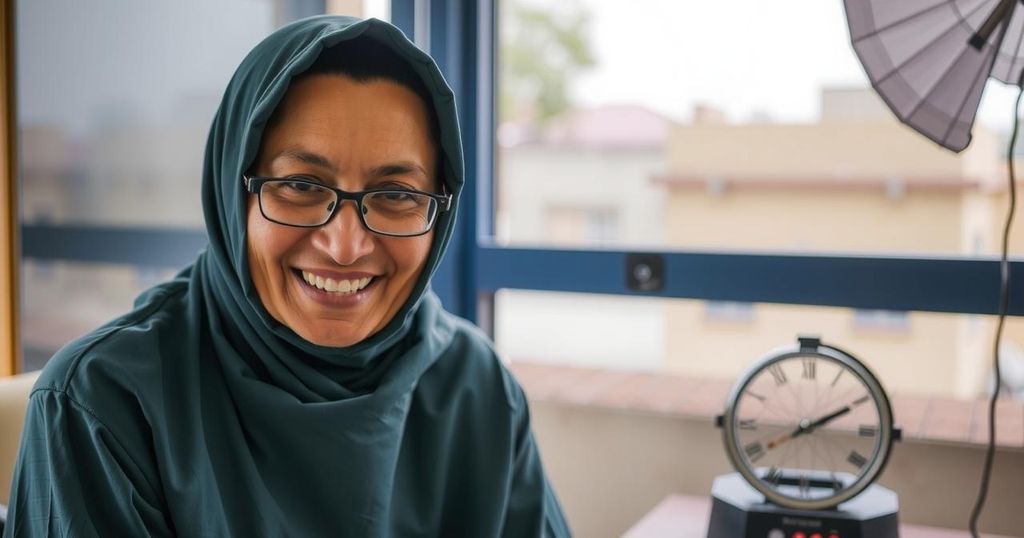Global Health and Humanitarian Update: Egypt Malaria-Free, Cuba’s Crisis, Mozambique Violence, and South Sudan Flooding
The WHO has declared Egypt malaria-free, marking a historic achievement in public health after a century-long effort. Meanwhile, Cuba faces power outages and potential flooding due to Tropical Storm Oscar, as the UN prepares to assist. In Mozambique, UN Secretary-General António Guterres calls for calm following the killings of opposition figures. South Sudan confronts devastating flooding as the WHO provides emergency health aid.
In a significant achievement for public health, the World Health Organization (WHO) has officially certified Egypt as malaria-free, concluding a century-long battle against the disease that has afflicted the nation since ancient civilization. Tedros Adhanom-Ghebreyesus, Director-General of the WHO, praised this historic certification, noting that it reflects the resolve of both the Egyptian government and its people to eliminate malaria. Egypt now joins an exclusive group of only three countries in the WHO Eastern Mediterranean region, along with the United Arab Emirates and Morocco, recognized for this milestone. In Cuba, the situation has taken a dire turn as millions are left without power due to a failing power grid amid a slow-moving tropical storm. The UN Country Team is prepared to offer technical assistance to Cuba, where the government attributes the outages to infrastructure failures, fuel shortages, and the repercussions of longstanding economic sanctions. The storm, dubbed Oscar, is anticipated to exacerbate flooding, particularly in central and eastern areas of the country. UN Deputy Spokesperson Farhan Haq confirmed the UN’s engagement and readiness to support the affected communities. Furthermore, UN Secretary-General António Guterres has called for a thorough investigation into the recent killings of two opposition figures in Mozambique, a tragic outcome of rising political tensions following contentious election results. The Secretary-General has emphasized the importance of maintaining calm and restraint among citizens while urging the authorities to ensure justice prevails. In South Sudan, the WHO is addressing a devastating flooding crisis that affects numerous counties and displaces hundreds of thousands of individuals. As severe flooding continues to disrupt essential services, the organization has dispatched emergency health kits capable of treating over 870,000 individuals. The flooding situation, influenced by climate change, has also led to an increase in malaria and cholera cases, underscoring the urgent need for humanitarian assistance in the region.
Recent global health and humanitarian challenges have underscored the resilience and capacity of nations in confronting severe public health issues and natural calamities. The certification of Egypt as malaria-free marks a historic public health accomplishment, demonstrating the effectiveness of collective action against the disease. This achievement highlights the potential for other nations to follow suit by mobilizing necessary resources and strategies. In contrast, countries like Cuba and South Sudan face their own crises—Cuba contending with systemic energy issues and natural disasters, while South Sudan grapples with severe flooding exacerbated by climate change, challenging the stability of communities and impeding public health efforts. The international community’s response, including engagement from the UN and WHO, reflects the necessity of global support in managing such crises and ensuring the well-being of affected populations.
In summary, the recent developments across Egypt, Cuba, Mozambique, and South Sudan reveal a complex interplay of public health achievements and humanitarian challenges. Egypt’s certification as malaria-free sets a precedent for public health success, enhancing optimism in the fight against diseases globally. Meanwhile, Cuba’s electrical shortages amidst natural disasters highlight the vulnerabilities faced by nations relying on fragile infrastructure. The situation in Mozambique signals a concerning trend of political violence requiring urgent attention, and South Sudan’s flood crisis underscores the critical need for effective humanitarian interventions. These scenarios collectively remind us of the importance of global solidarity and action in addressing both health and humanitarian challenges.
Original Source: news.un.org




Post Comment